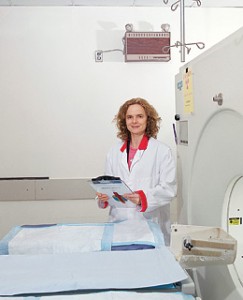Over the last couple of weeks, I’ve posted pieces on public health policy as it relates to full-disclosure of restaurants’ nutritional information. The publicity and efforts are slowly revving up, as it becomes more and more evident that unhealthy food is a serious concern in society.
If you come to the table of discussion with an open mind, you can see how, in essence, there is little difference between junk food and some of the “milder” drugs. In fact, there are rumblings to consider junk food as legitimately addictive. Researchers at the Montreal Neurological Institute are saying their findings “could provide the basis for new policies aimed at treating fast food more like cigarettes.” Anyone who has had a bag of Doritos can attest to the addictive nature of unhealthy snack food. There are also some expert calls for tempering the junk-food junkie connection argument a little.
“Overeating and drug addiction may converge on some of the same neurons,” says Endocrinologist Barbara Kahn. “but other pathways are also involved. And from a biochemical point of view, the two are not the same thing. Drug addictions are much stronger.”
It is a political tightrope, for sure. Most people don’t want government acting as a nanny to its citizens, but at the same time, there can be some reasonable compromises, such as taking soda and candy out of schools (we limit adolescent access to other things) and printing nutritional information on restaurant menus.
Adults don’t need parenting, so I certainly fall on the side of consumers needing to be the ultimate decision-makers, but they do need to have the ability to make those decisions as informed as possible.






